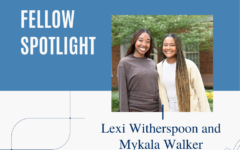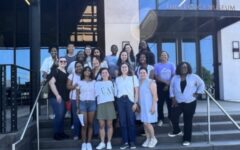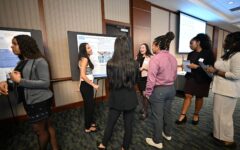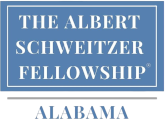Fellow Spotlight: These Two Fellows Are Advancing Health Literacy and Medication Adherence
October 30, 2025 2025-10-30 11:40Fellow Spotlight: These Two Fellows Are Advancing Health Literacy and Medication Adherence
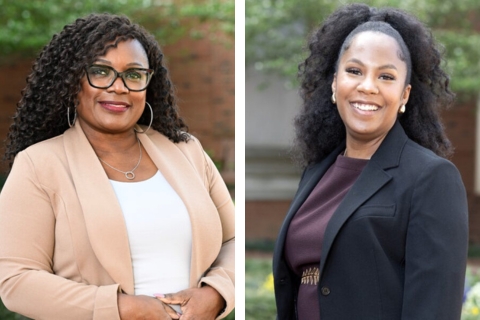
Fellow Spotlight: These Two Fellows Are Advancing Health Literacy and Medication Adherence
By: Javacia Harris Bowser
Two Schweitzer Fellows are devoting their projects to medication adherence—one focused on educating patients about their prescriptions and the other working to strengthen medication distribution systems at local facilities for those recovering from addiction. Together, they’re advancing health literacy and transforming lives.
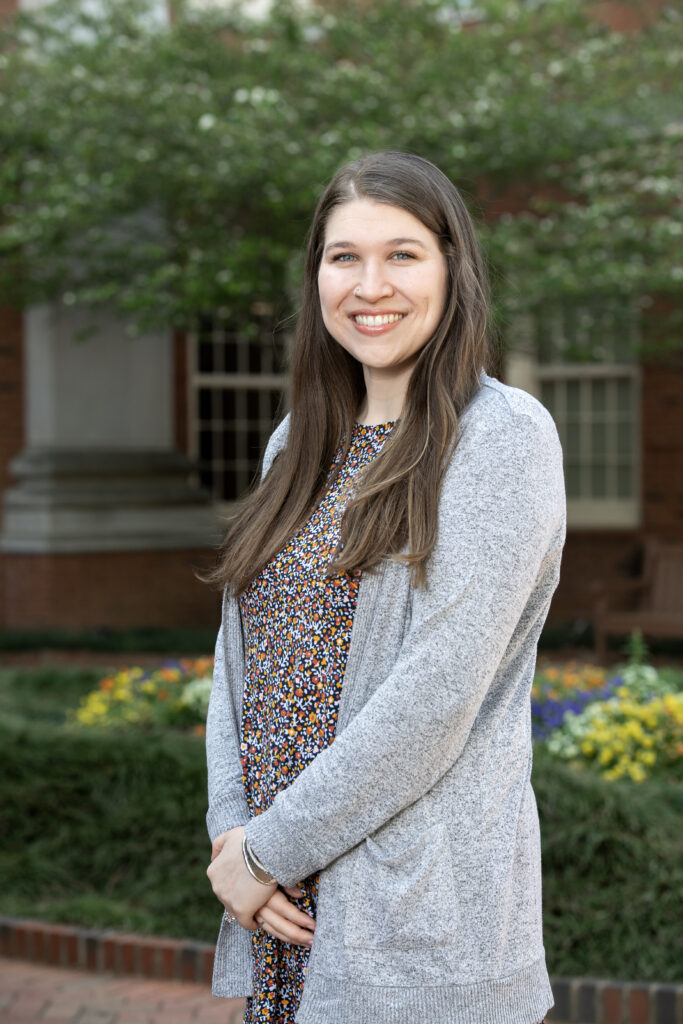
Kennedy Shoemaker
Schweitzer Fellow Kennedy Shoemaker, a student at Samford University’s McWhorter School of Pharmacy, is addressing health literacy by creating quick fact sheets to aid in medication education. These handouts will be dispensed as part of the prescription assistance program at Cooper Green Mercy Health Services.
It was her 87-year-old grandfather who inspired her to embark on a project centered on health literacy.
“He grew up in a time where you went to the doctor, the doctor said what medicines you needed to take, and you didn’t really ask questions,” she says. “The doctor was the only person that was a part of that healthcare decision.”
But now she goes with her grandfather to his appointments and urges him to ask questions and address any concerns he may have.
“And when we leave the doctor’s office, sometimes he says, ‘Can you fill me in on what they were saying? I didn’t catch it’ or ‘I didn’t understand,’” Kennedy says. “I love that I have the ability to be with him for his doctor’s appointments and help him become a more integrated part of his health care decisions, so that he can choose and have input with what he does and does not want to take.”
Through the educational materials she’s developing, Kennedy will be able to help those patients who don’t have someone like her to accompany them at their appointments.
“I want people to be able to advocate for themselves, and sometimes you just don’t know what to do or where to start,” she says.
Kennedy has started her project with conversations and observations. She’s spending time at Cooper Green getting to know patients and staff.
“I’ve been able to interact with the patients, and I see the process that they go through when they pick up their medication,” she says.
Kennedy has been able to ask those patients what questions they normally have about their medications and she’s using that information to guide her as she determines what information she’ll include in the educational materials she’s developing.
“And I got to see actual numbers of how many of which specific medications were being dispensed,” she adds. “That helps me know which medications to target first because those are the most commonly received medications.”
She’s also been in conversation with the pharmacy technicians and the social workers who interact with patients every day.
“They’re a really great team, and I was able to get the perspective from both sides,” Kennedy said.
One thing she learned was that several patients struggle with reading. So Kennedy is going beyond simply creating educational handouts for patients. She’s planning to develop video and audio teachings as well that patients will be able to access in Cooper Green’s resource center.
Kennedy says that working on her project has already taught her the importance of not assuming certain healthcare related terms are common knowledge.
“I often take for granted the fact that I’m in healthcare, and that a lot of this stuff is very familiar to me,” she says. “People out there don’t have that same knowledge of health care but that just enforces my drive even more. This is exactly why I’m doing this.”
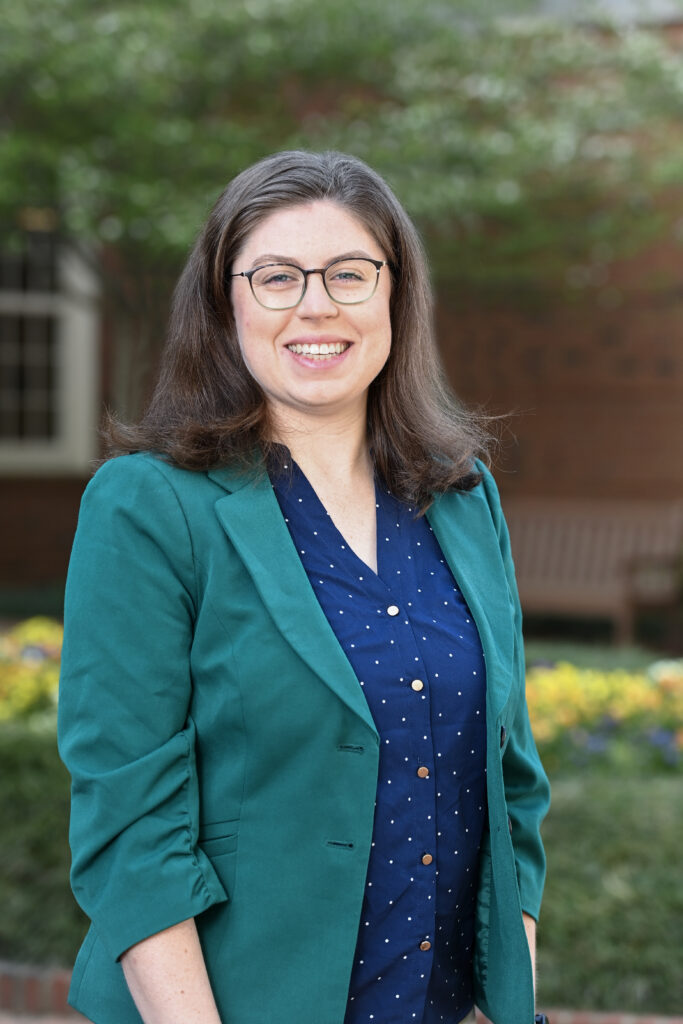
Callahan Thompson
For her Schweitzer Fellowship project, Callahan Thompson, a student at UAB School of Nursing, is addressing lack of health literacy and proper system management for prescription distribution at the Foundry, a local drug and alcohol rehabilitation program. Her goal is to establish a proper medication distribution system designed specifically for this facility and to host personalized medication workshops.
“The training will explain the importance of proper medication and holistic management of mental health disorders, including depression, anxiety, and substance use disorder,” she explains. “I will also be hosting individual interviews with each program participant. This will allow me to fit a medication management system that best meets the needs of each individual. Finally, I will be hosting workshops of participants, that focus on holistic management of mental health disease, with the help of several community members.”
Her goal is for the work she does during her fellowship year to have a lasting impact.
“I hope to sustain this impact by leaving trained staff at the facility and incorporating training of nursing students and faculty,” she says. “The women leaving the program will also leave with lifelong skills to manage their own medications and diseases.”
Callahan was inspired to do this project because she believes substance use disorder is misunderstood and underrepresented in the healthcare community.
“Substance use disorder can affect anyone of any age, sex, gender, race, socioeconomic status,” she says. “Not only is it an important group to work with, but it is particularly important for nurses to be involved in this community to reduce stigma and learn how to best serve them.”
And though substance use disorder may be misunderstood and underrepresented, Callahan stresses that it’s an issue everyone should care about.
“Over 47 million Americans have used substances in the last year,” she says. “This is 16.7 percent of the US population. Those 47 million Americans also have families who are affected by drug addiction. In some way, we are all impacted by addiction.”

